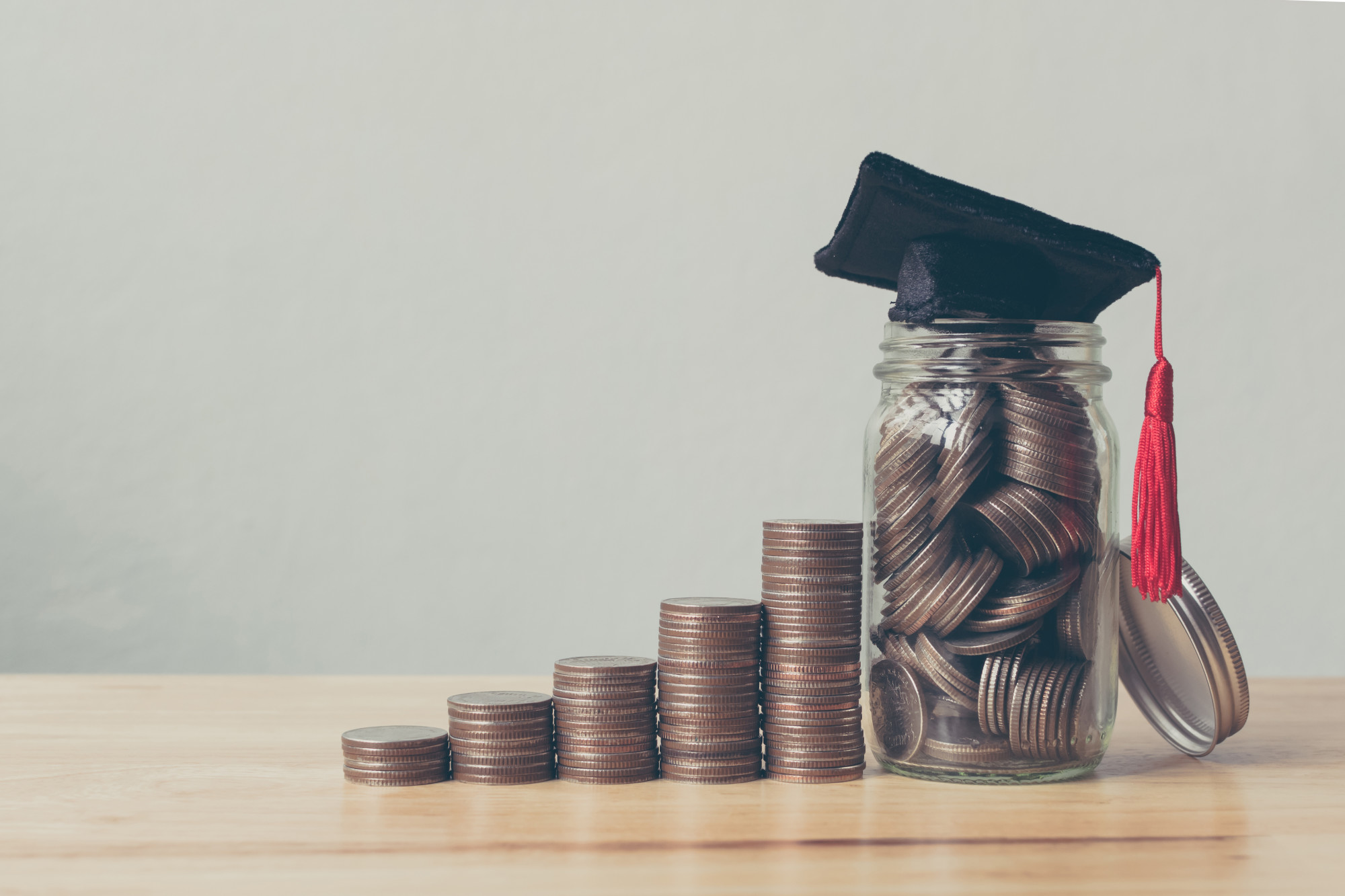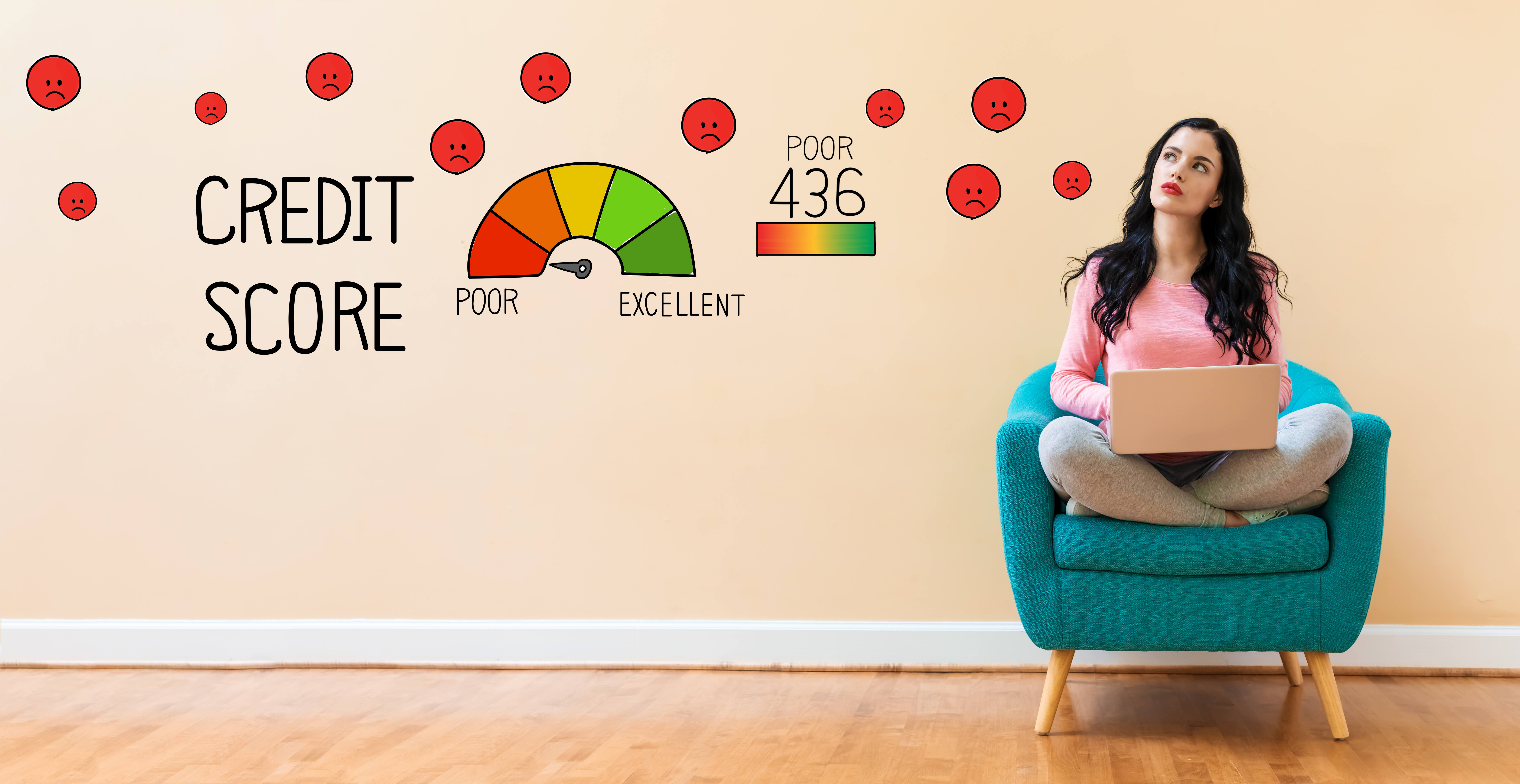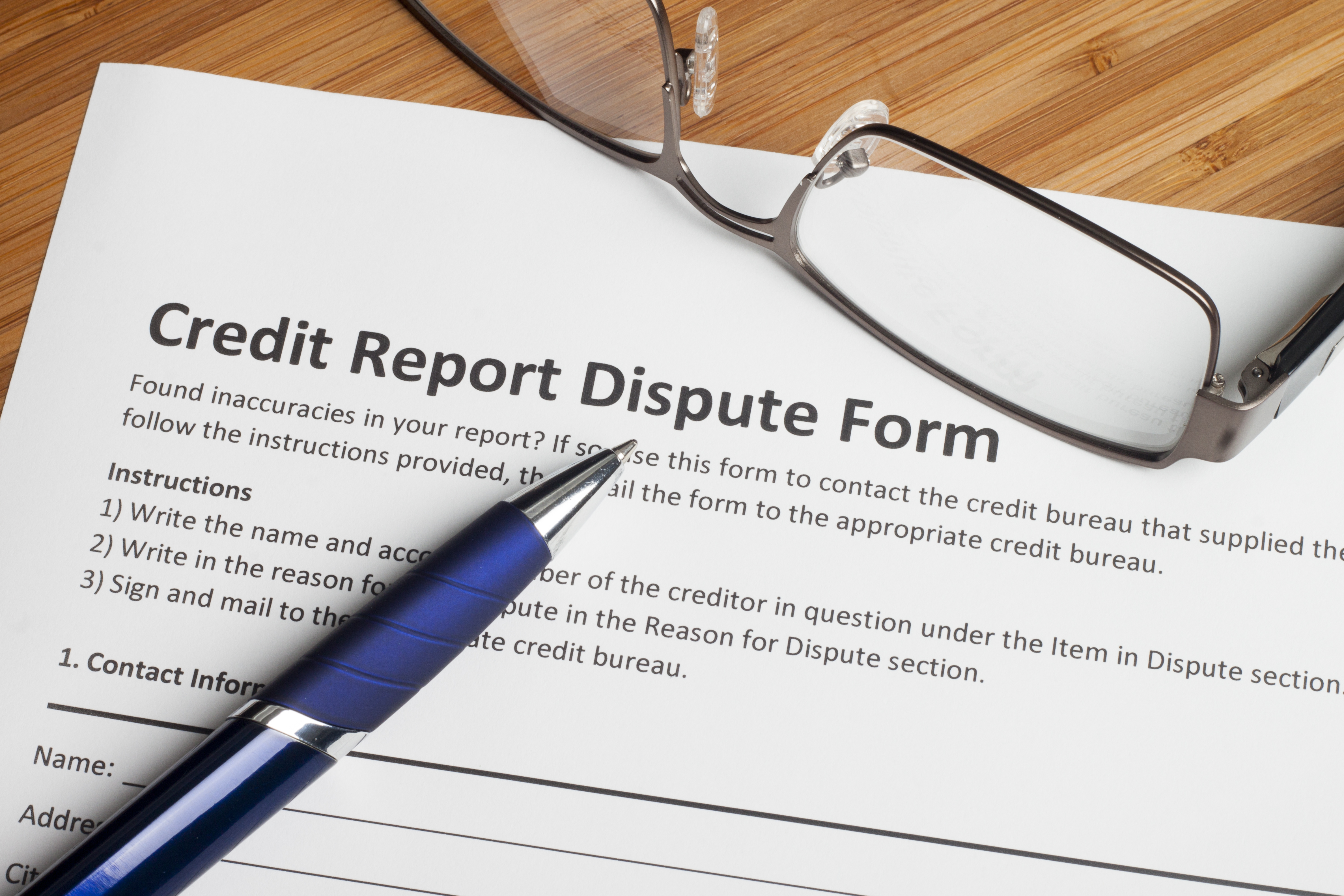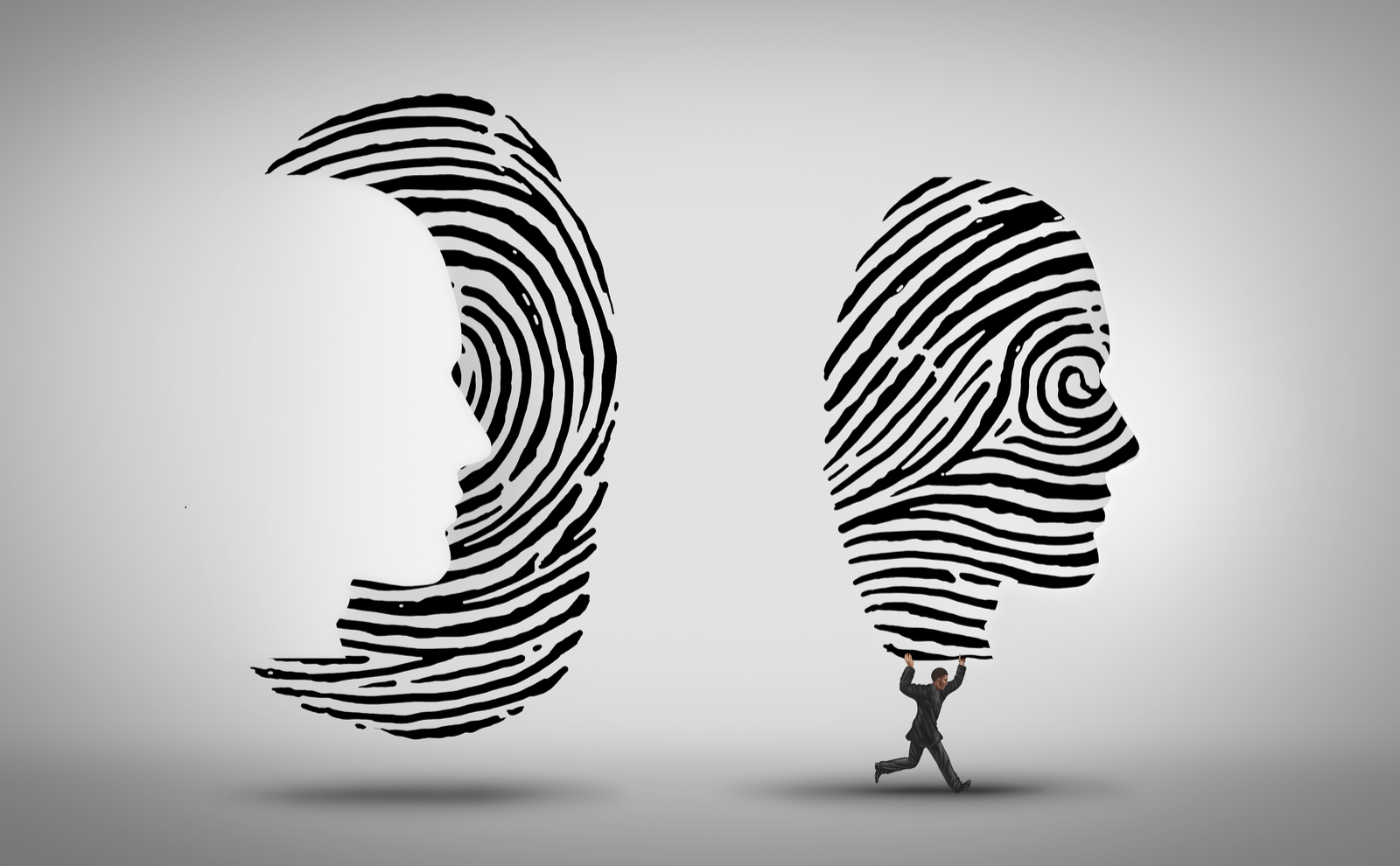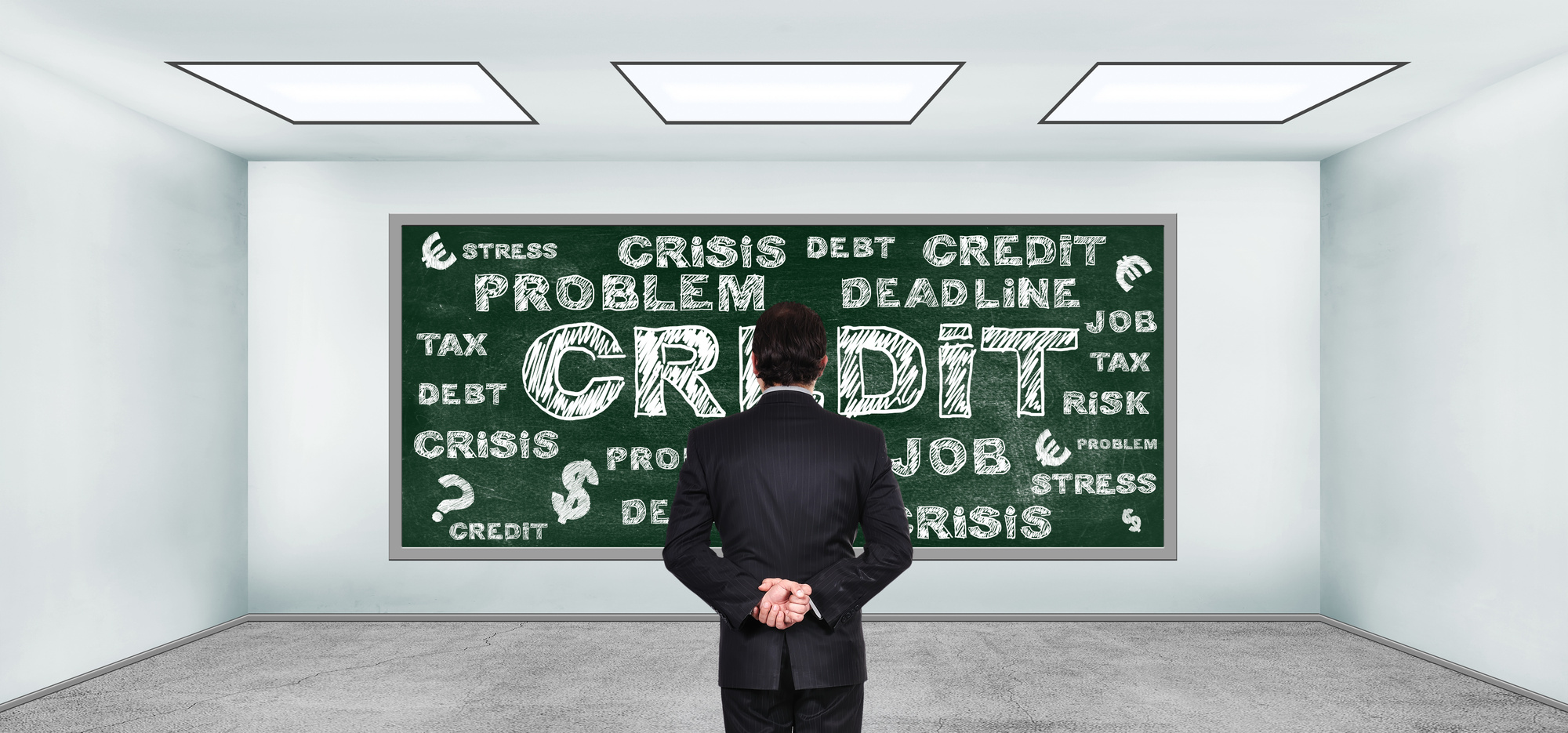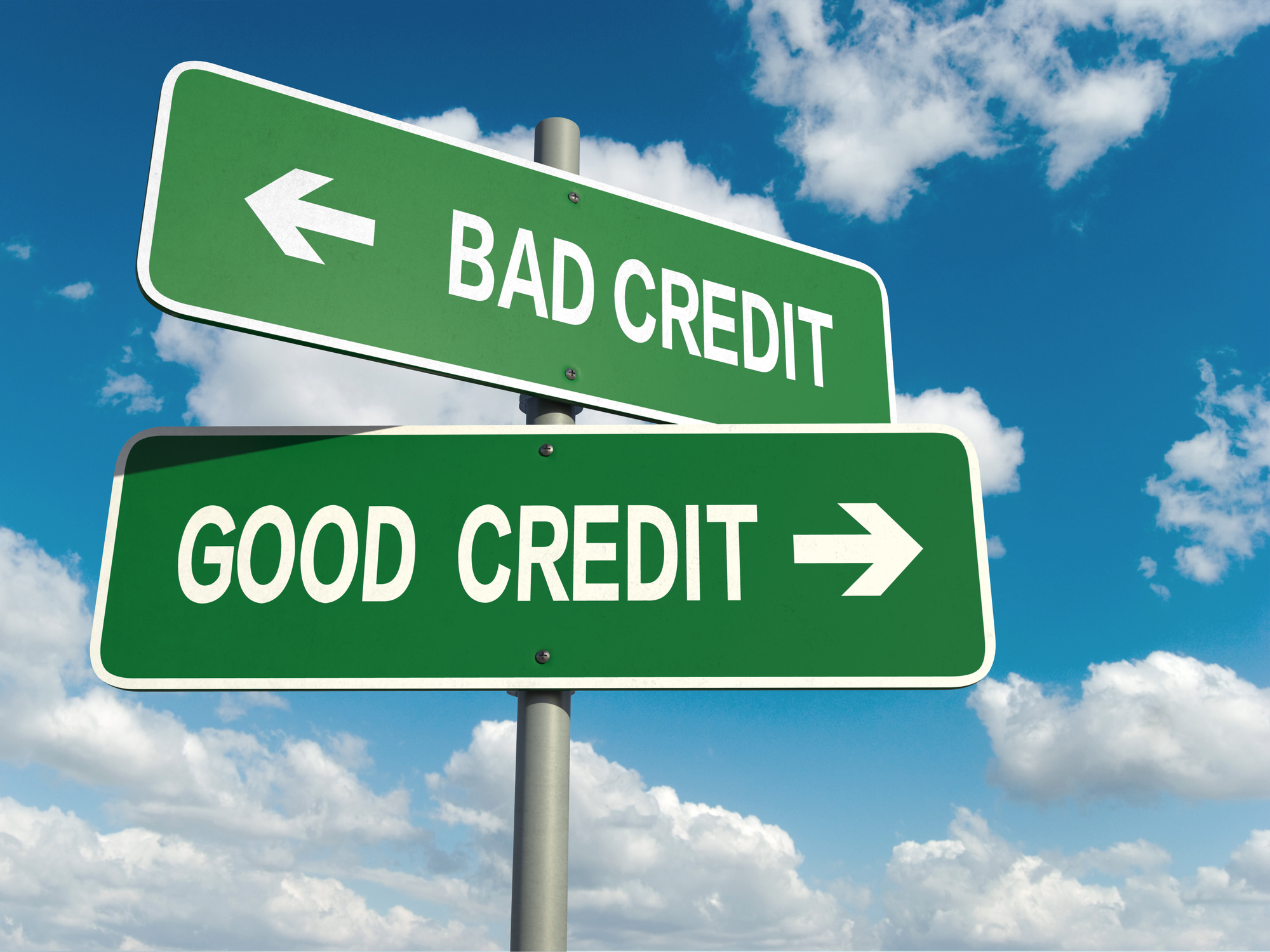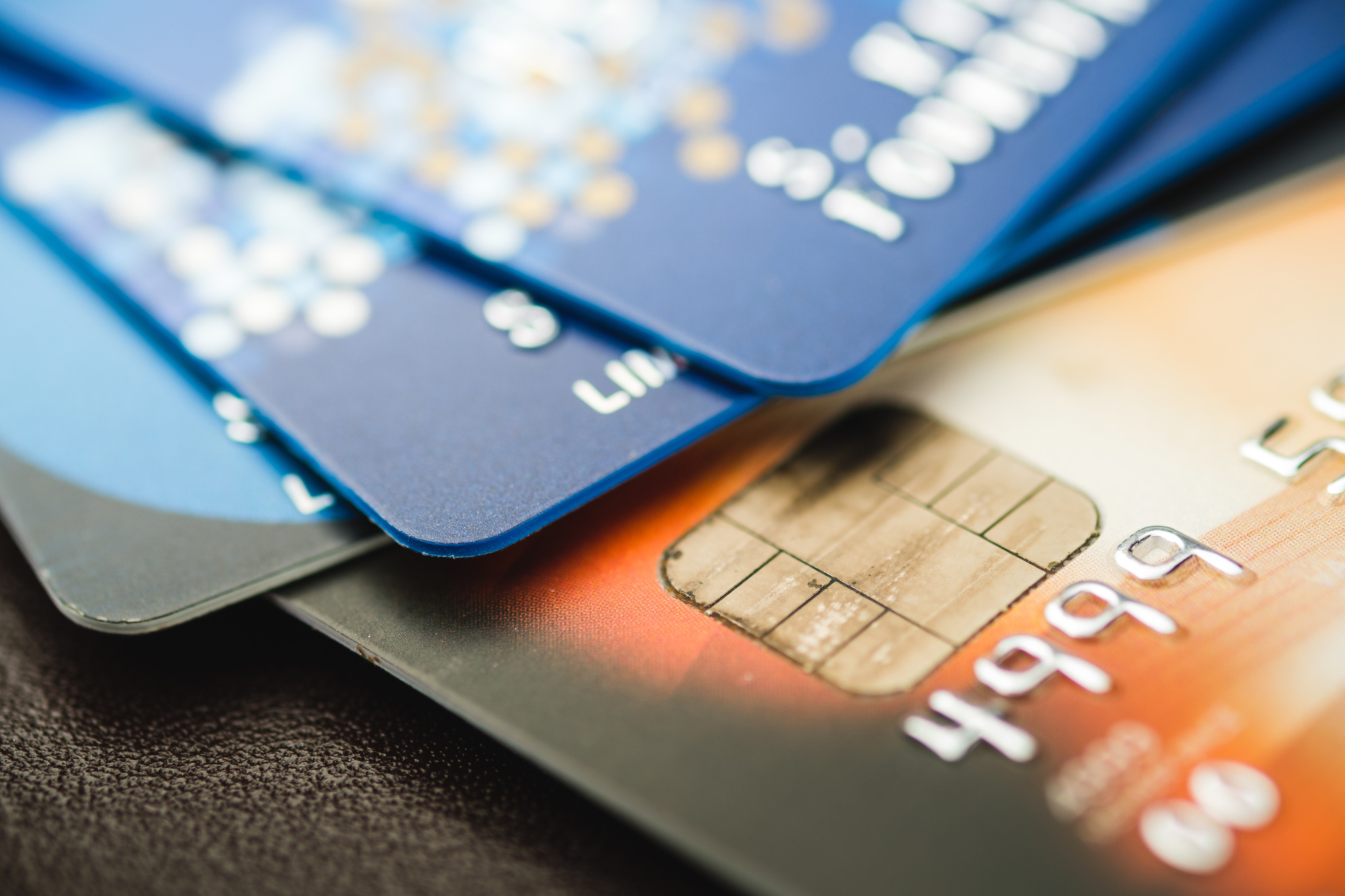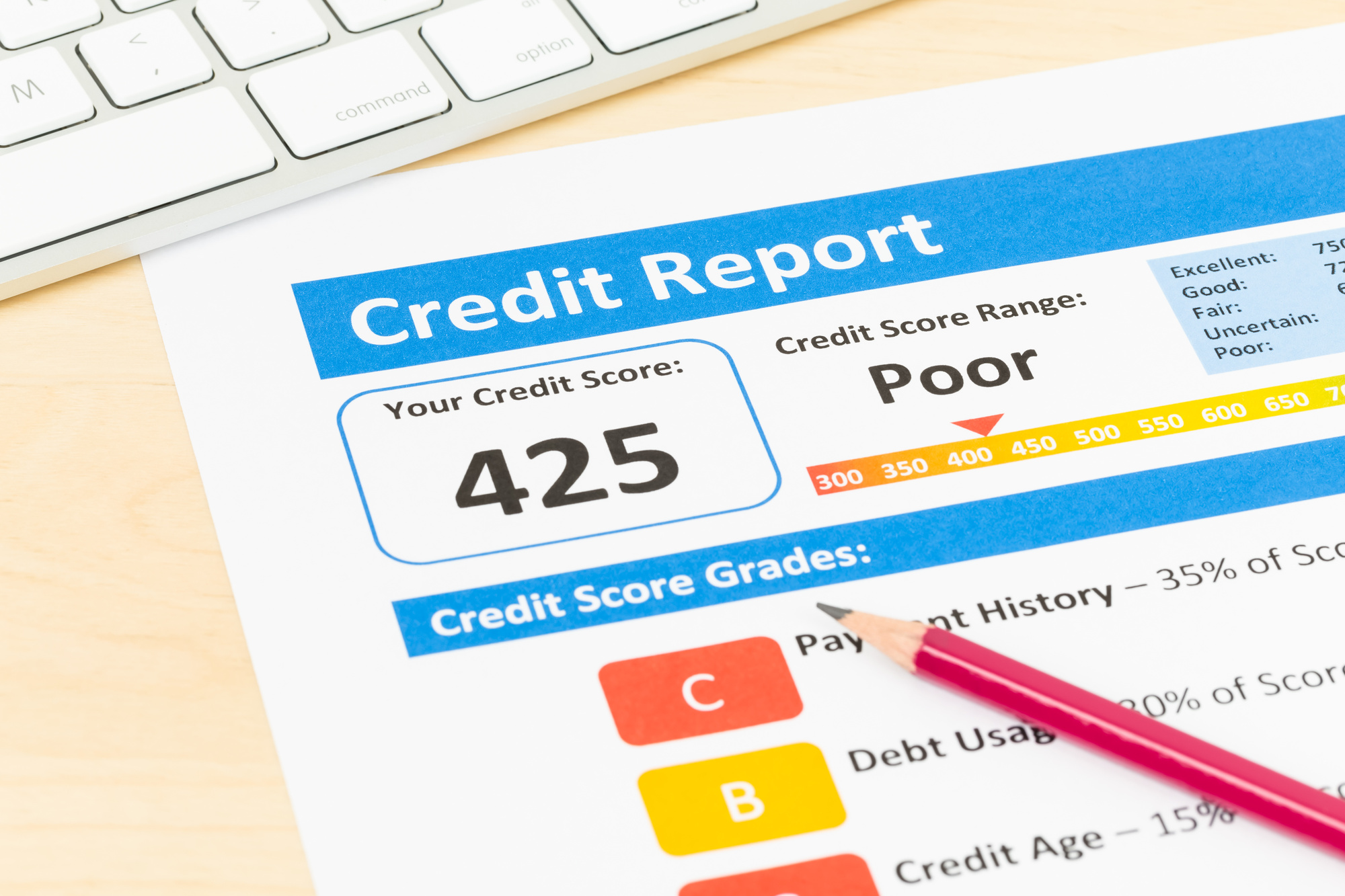College Debt Hurting Your Credit? Here’s How to Pay off Student Loans Fast
Currently, in the United States, more than 44 million borrowers owe over $1.5 trillion in student loan debt.
Are you part of this group? If so, you might feel that you’re stuck in a hole and will never find your way out.
If you’ve been wondering how to pay off student loans fast, keep reading. We’ve got lots of tips that can help.
Explained below are some great strategies that will help you pay off your student loan debt and get on with your life as soon as possible.
Why Pay Off Your Student Loans Early?
Some people have questions about whether or not they actually should try and pay their student loans off early. Isn’t it enough to just make the minimum monthly payment?
Technically, yes, you could continue making the minimum monthly payment. It’ll take you a really long time to pay off your loans if you take this approach, though.
There are many other benefits that come with paying off your student loans early, including the following:
- Improve your credit score
- Improve your debt-to-income ratio
- Have more money in your bank account each month
When you pay off your student loans early, you also get to enjoy the peace of mind that comes with having less debt.
This is especially true since student loan debt is virtually inescapable. Even if you declare bankruptcy, you still have to pay back your student loans.
How to Pay Off Student Loans Fast
Okay, you can see the importance of paying off your student loans quickly. Here are some steps you can take to pay those loans off as soon as possible:
Pay More Than the Minimum
The easiest way to pay off your student loans quickly is to pay more than the minimum.
The more you pay each month, the faster the loan will be paid off and the less money you’ll have to pay in interest.
Even if you can’t afford to double your payments, you can still make a difference by paying just an extra $20 dollars per month!
Make Extra Payments Whenever Possible
If you can’t afford to pay extra every time your student loan payment is due, you can at least make a dent in your balance by making payments whenever you do find yourself with extra cash.
Whenever you get “bonus money,” put it toward your student loan payments. This includes things like tax returns, bonuses from work, and money that you receive as a gift.
Consider Refinancing
Another great step you can take if you want to pay your student loans off faster is to refinance them. Refinancing your loans allows you to combine all of them into one loan with a lower interest rate and lower monthly payment.
When you refinance, you get to avoid having to deal with multiple monthly payments and multiple student loan servicers. You can refinance both federal student loans and private student loans.
Consolidate Your Debt
Many people confuse refinancing with debt consolidation.
Both of these are viable approaches to paying off your student loans, but it’s important to understand the differences between them before you choose one over the other.
When you consolidate your debt, your interest rate does not get lower, nor does your monthly payment. This approach simply helps you organize your student loans so that you only have to make one payment instead of several.
Consider Starting a Side Hustle
If you’re having a hard time paying extra toward your student loan debt, you might want to consider starting a side hustle. This will allow you to earn extra money and put more money toward your debt each month.
There are lots of different ways that you can earn extra money these days. Try driving for Uber or Lyft or delivering food for GrubHub or DoorDash.
All of these side hustles let you earn money on your own terms, so they’re great for busy people or those with unpredictable schedules.
Talk to Your Employer
Sometimes, employers offer student loan forgiveness in exchange for volunteer work. They may also offer student loan repayment assistance as part of their benefits package. Check with your employer to see if this option is available to you.
Look for Interest Rate Deductions
Lots of student loan servicers will offer interest rate deductions in exchange for enrolling in automatic payments.
These deductions are relatively small — usually around 0.25 percent — but every little bit counts. It all adds up over time, and you can see some major savings later on.
Automatic payments are a good idea in general when it comes to paying back student loans (or any loan, for that matter). They give you peace of mind and eliminate the need to worry about keeping track of your payments.
Trim Your Budget
Look for ways to trim your budget, too. Most of us have various monthly expenses that we could stand to eliminate.
Track your monthly spending and check to see if you’re wasting money on eating out or buying coffee from your local Starbucks instead of making it at home.
Add up these purchases and you’ll be amazed at how much money you’re throwing away each month.
The average American spends $2,787 per year on food from restaurants and takeout joints — imagine if you put all that money toward paying off your student loans!
Get Out of Debt Today
Are you ready to be free from student loan debt?
It’s easy to feel overwhelmed by student loan debt, and you may feel as though you’ll never pay all of your loans off. That’s definitely not the case, though.
Follow these guidelines on how to pay off student loans fast and you’ll be well on your way to living a debt-free life.
Do you want to learn more about money management or getting out of debt? If so, we’ve got plenty of other resources just for you.
This article on nine ways to raise your credit score is a great starting point. It’ll teach you everything you need to know about paying off debts the right way.

